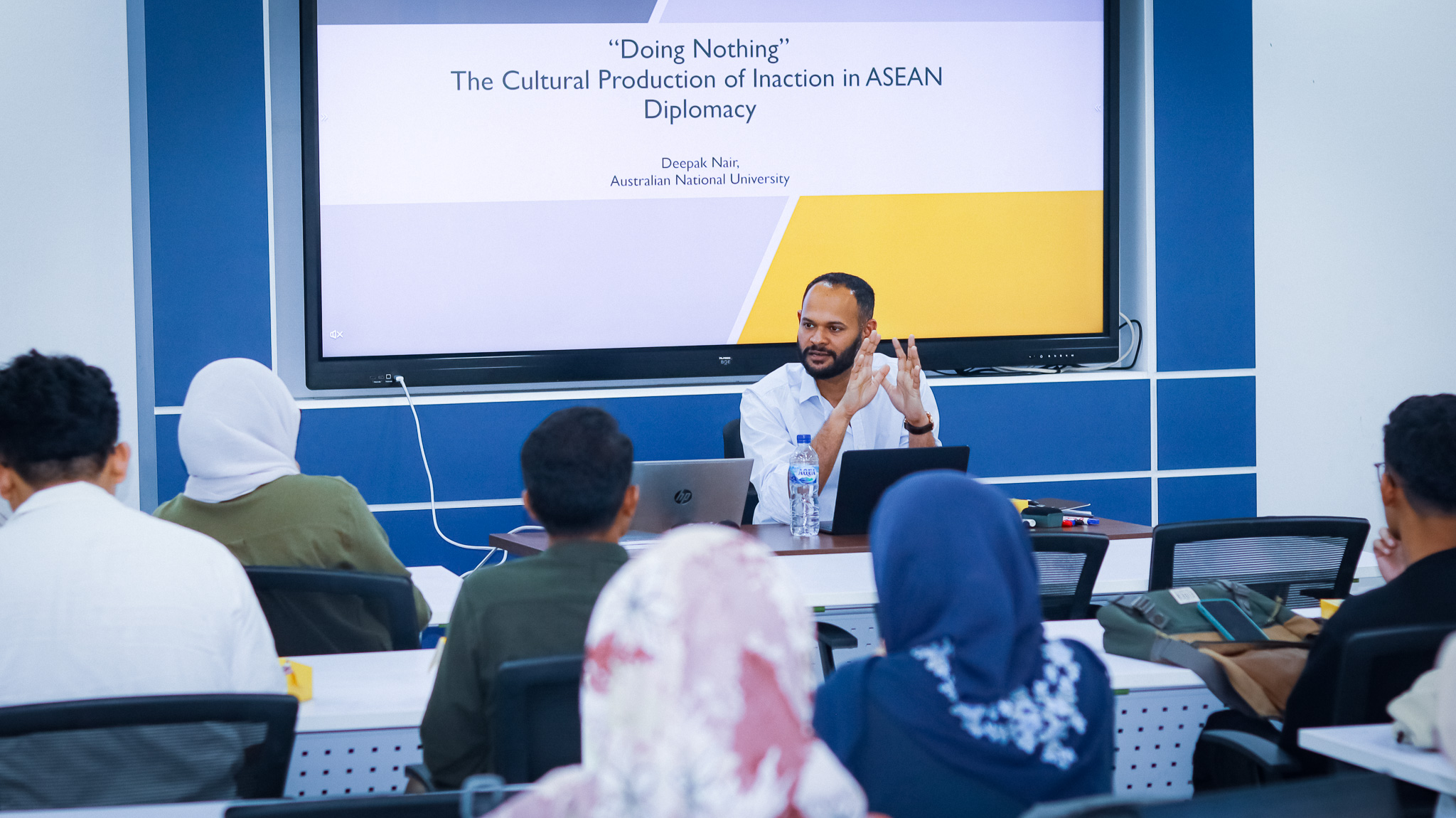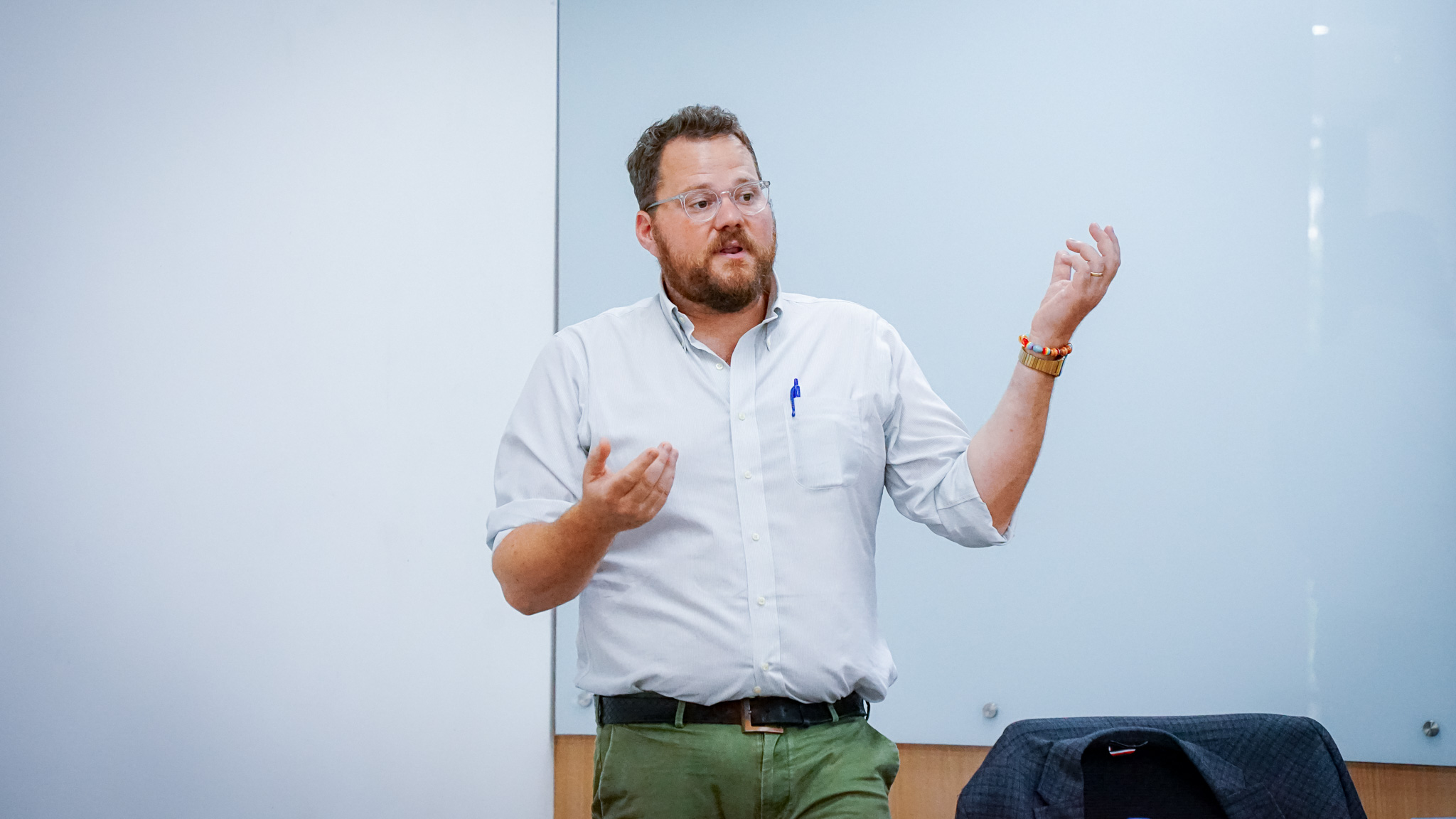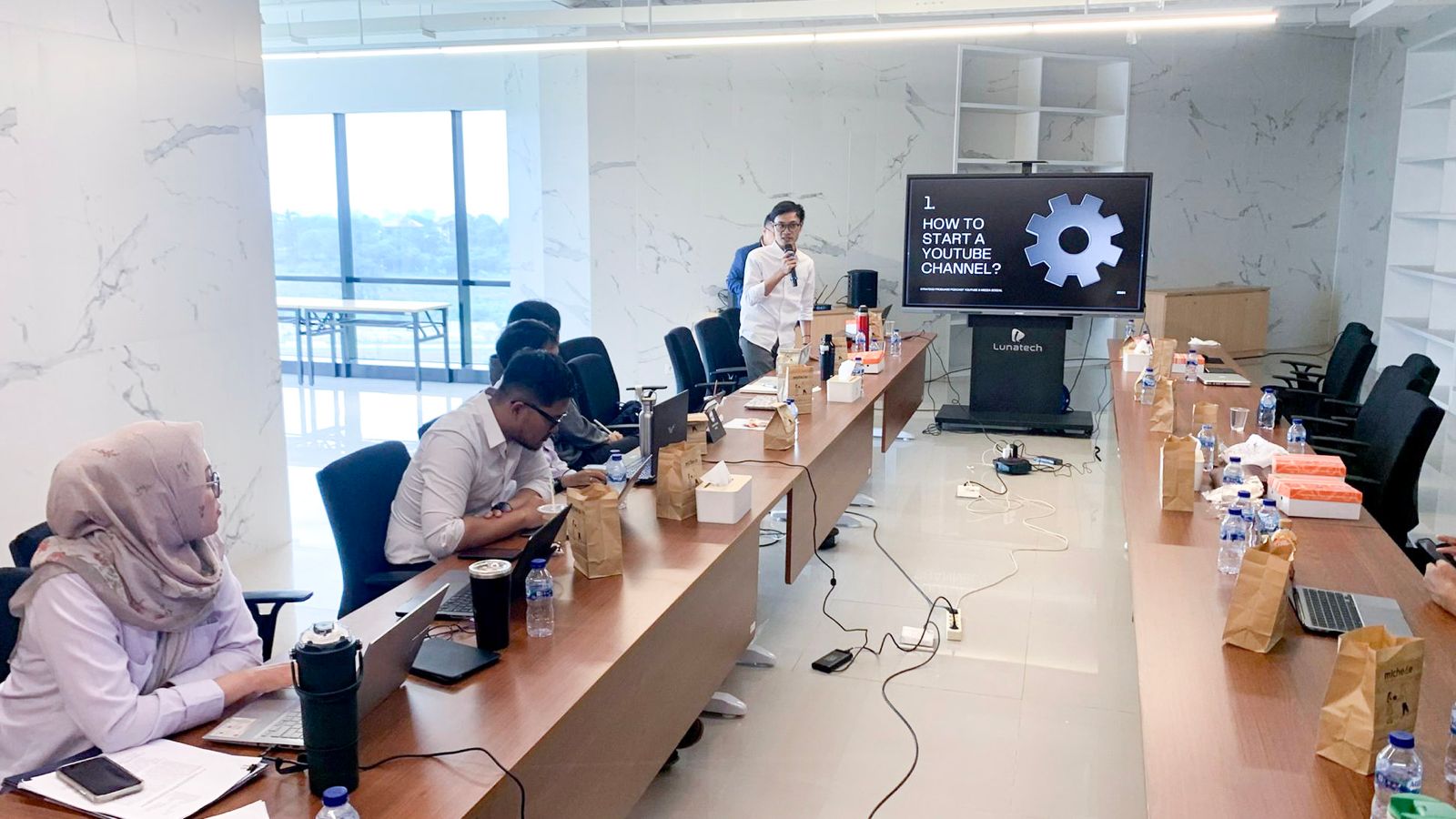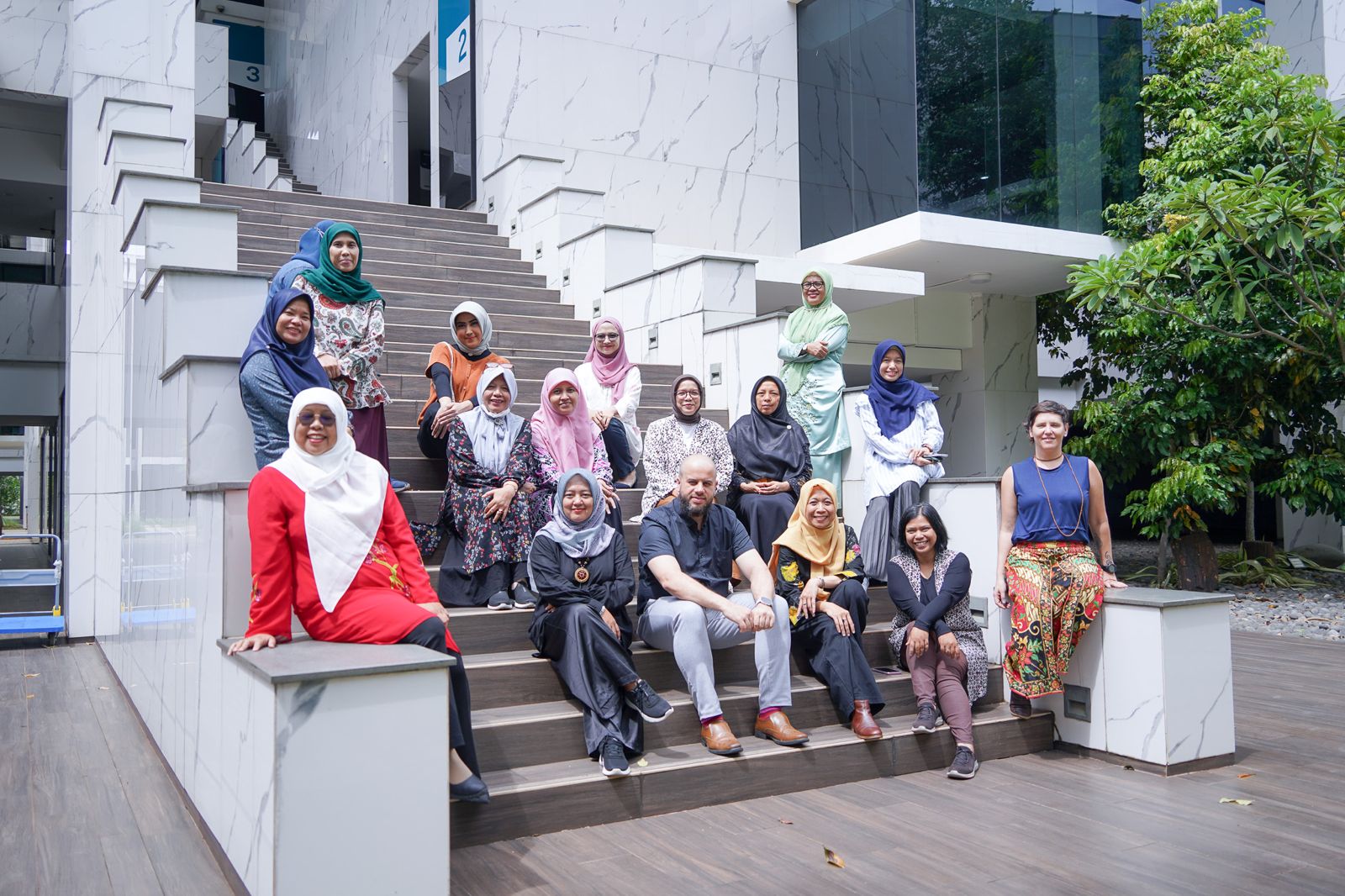Brownbag Insights: Exploring the Cultural Production of Inaction in ASEAN
June 13, 2023Contributor: Magello Fenis | Editor: Supriyono

In another episode of the Brownbag Series, the Faculty of Social Sciences of Universitas Islam Internasional Indonesia (UIII) invited Dr. Deepak Nair in a discussion entitled, “Doing Nothing: The Cultural Production of Inaction in ASEAN”.
Dr. Deepak Nair is a lecturer in International Relations at the Australian National University (ANU). His research focuses on the study of diplomacy, international bureaucracy and the international politics of Southeast Asia. His works have been published in the International Studies Quarterly, the European Journal of International Relations (EJIR) and International Political Sociology.
Dr. Nair initiated a conversation that delved into the ongoing discussions surrounding the ASEAN productivity discourse. He presented two perspectives regarding the relevance of the regional organization, describing it either as a "nascent security community" or simply an "imitation community." He further then explained that these descriptions have a classic clash of meanings.
However, Dr. Nair emphasized that both camps ignore the growing mass of activity produced by the ASEAN members and highlighted the importance of the “banal” everyday cultural production.
The “banal” or boring meetings or diplomatic agendas of ASEAN diplomats and representatives are often met with backlash as critics say that such activities tend to focus on routine or symbolic matters without even addressing pressing regional issues. This gives the impression that ASEAN is not effective in tackling the significant challenges of Southeast Asia.
Dr. Nair contended that considering the criticisms raised, the act of creating everyday cultural content that appears insignificant or banal is actually a success in relation to the maintenance of the arch-conservative character of ASEAN. ASEAN adheres to the principle of non-interference, which serves as the foundation for regional relations among its member states.
Thus, apolitical interactions between ASEAN diplomats such as coffee breaks and informal conversations remain essential as these forms of engagement preserve the bureaucratic nature of the regional organization and explore ways to address contentious topics that require resolution during recess.
Dr. Nair concluded his talk by sharing his fieldwork experience in Jakarta, where he delved into the day-to-day workings of ASEAN's diplomacy. His in-progress book project provides a comprehensive and detailed analysis of the various aspects and social dynamics of ASEAN's seemingly mundane operational activities. It offers a fresh perspective that contributes to the longstanding debate surrounding ASEAN's cultural output, presenting a unique and insightful response.
- Call for Papers 2025: FEB UIII Invites Researchers to Explore Muslim World Economy & Sustainability in OIC Countries
- Prof. Dr. Nasaruddin Umar: A Distinguished Profile in Religious Leadership
- Is Indonesia’s Middle Class Collapsing?
- Pedaling to Work, Dr. Lukman’s Message on ‘World Sustainable Transport Day’
- Welcoming the Pilgrim of Hope: Indonesian Muslim Leaders Embrace Pope Francis
- Sheikh Muhammad adh-Dhuwaini: A Recognized Authority in Sharia and Law
- Qurban and Grassroots Innovations Across Indonesia
- Indonesia's Green Qurban Movement
- UIII Productivity Ratio 2023
- Unsung Heroes in Global Trade: Celebrating International Customs Day 2024


